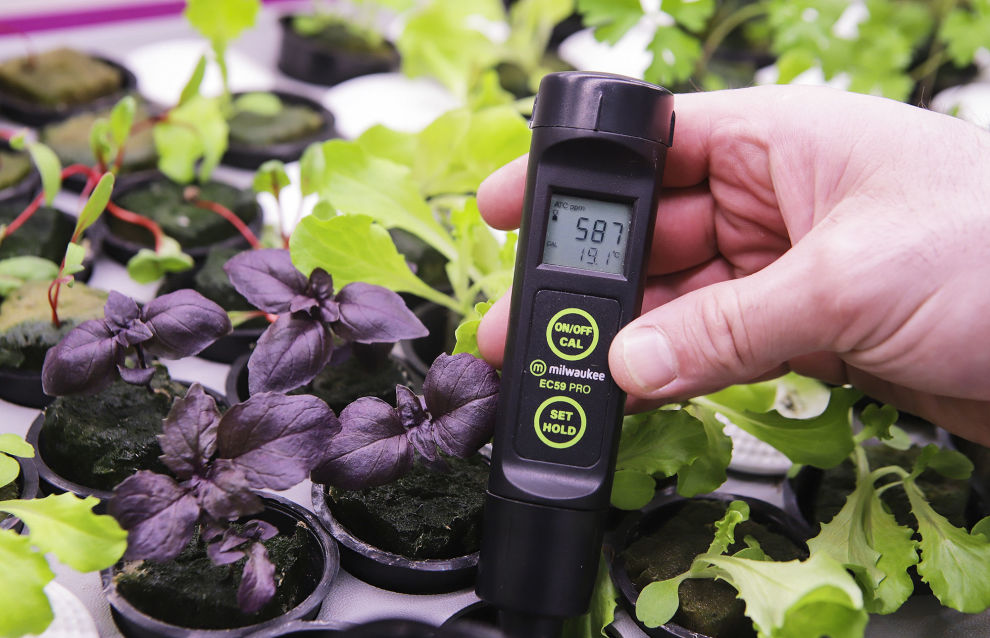Russian researchers develop fertilizer for growing plants in the Arctic
A team from the Mendeleyev Russian University of Chemical Technology has developed a nutrient composition that will allow crops to be harvested in the Arctic using soilless cultivation.
“Ecologists at the Mendeleyev University have created a special nutrient composition for growing crops in hydroponic systems. According to the researchers, in the near future, their project will become an important element of national security and will provide the population with food in extreme climates, including in Russia’s Arctic zone,” the press service of the university said in a statement.
High yields cannot be achieved in agriculture in areas with a harsh climate, such as the Far North, without balanced fertilizing with macro- and micronutrients. Plants can be grown using a water-based nutrient solution instead of soil, in a hydroponic system.
According to Ksenia Pishchayeva, an environment and nature management specialist, and assistant at the Green Chemistry for Sustainable Development Department in partnership with UNESCO at Mendeleyev University, the current solutions for hydroponic farming have their limitations. Some of them are not effective enough because they contain trace elements in the form of mineral salts with low bioavailability, while others, like the widely used GHE (General Hydroponics Europe nutrient formulation), are unstable at pH levels above 7, and contain too little nitrogen.
The Russian scientists have created a local analogue to GHE, but with a higher nitrogen content and a wider range of trace elements, as well as improved stability in the finished product. They applied an unusual method adding chelates (organometallic compounds) to the solution. Such compounds are normally used for the processing of Class I and II hazardous waste and the reclamation of polluted lands. These additives, originally used to increase the ability of plants to extract heavy metals from contaminated soils, promote the absorption of more trace elements by plants.
“We have developed a nutrient solution containing chelated microelements, as well as a method for making a nutrient solution for hydroponics. Our research findings showed a faster biomass increase in agricultural products (daikon) in comparison with the international analogue of this nutrient solution. Biomass growth was 30 percent faster, root mass growth, 65 percent faster, and the increase in the leaf plate area, 16 percent faster,” the press service quoted Pishchayeva as saying.
The development of a stable nutrient solution took the team about two months. After that, they began experimenting with various plants and comparing their new method with those available on the market for another six months. Their study was supported by the Priority-2030 program under the Ministry of Education and Science. Now the team plans to work on tailoring their nutrient solution for various crops, and adjust the formulations for plants at different stages of growth.
